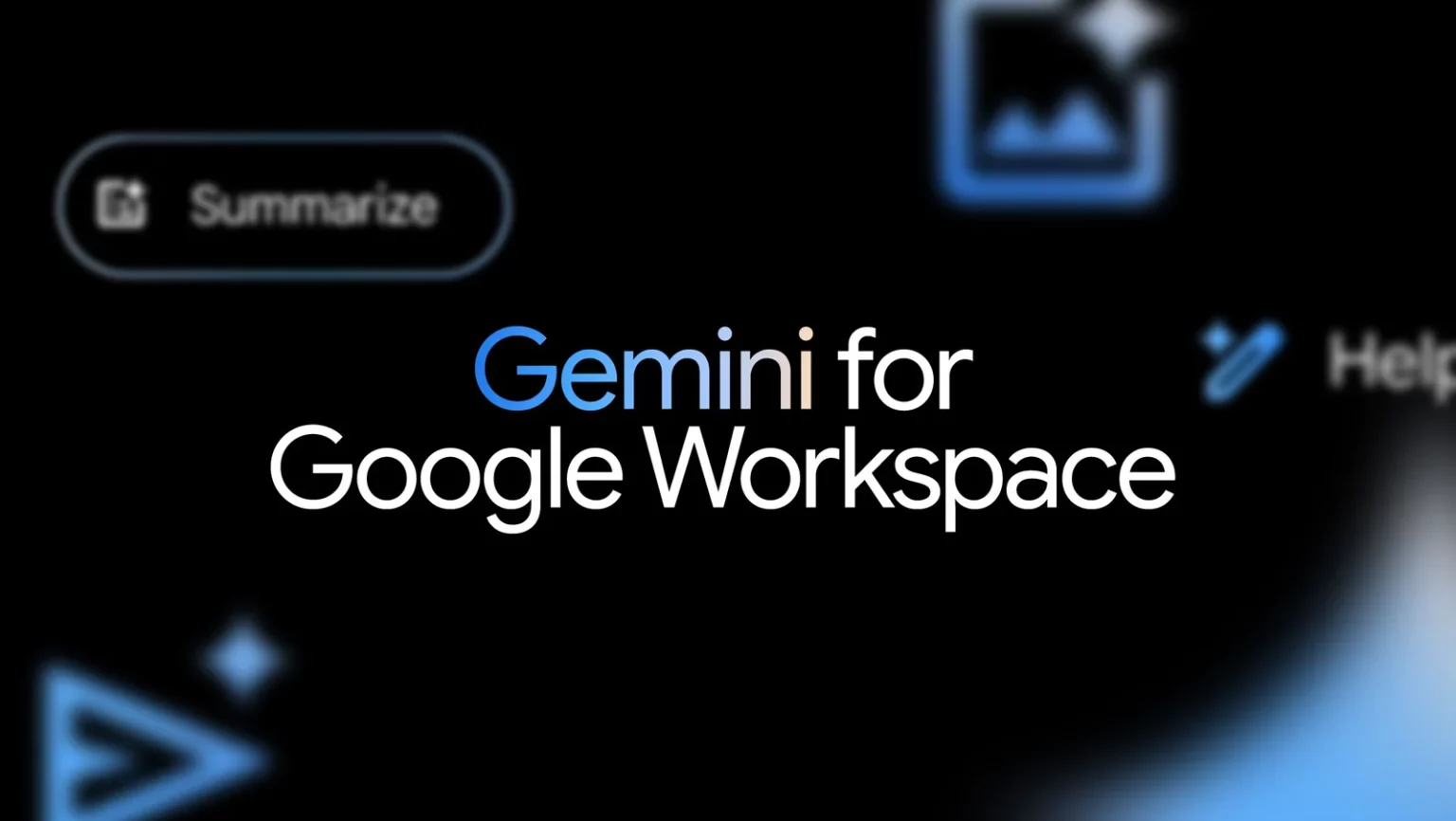Google has introduced a significant update to Gmail and other Workspace applications by integrating Gemini AI, aiming to streamline email communication and document handling. Announced at the recent Google I/O developer conference, the integration brings advanced AI capabilities directly into Gmail, Docs, Sheets, Slides, and Drive.
In Gmail, the Gemini AI side panel assists users in composing emails and summarizing long email threads, enhancing productivity and communication efficiency. Users can generate draft responses or use Gemini to seek specific information from their email conversations or Google Drive documents.
Specific questions like “What was the PO number for my agency?” or “How much did the company spend on the last marketing event?” can be easily answered by Gemini, demonstrating the AI’s utility in handling complex queries directly from the inbox.
However, access to these advanced features requires a subscription. They are available exclusively to Google Workspace customers who have added the Gemini Business or Enterprise add-on, or to educational users through the Gemini Education or Education Premium add-ons. Additionally, individuals with a Google One AI Premium subscription can also access these features.
Beyond Gmail, Gemini extends its functionalities to other Google Workspace tools:
- Docs: Gemini aids in content creation, information summarization, and brainstorming.
- Slides: The AI can generate new slides, and custom images, and summarize entire presentations.
- Sheets: Users can organize data more efficiently, create tables, and generate complex formulas with AI assistance.
- Drive: Quick document summarization and factual retrieval are made easy with Gemini.
This rollout is part of a broader trend where major tech companies are incorporating generative AI into their core applications. Meta and Apple have also recently enhanced their platforms with AI features, impacting how everyday digital tools are used.
While these advancements are welcomed by many for their potential to boost productivity and creativity, they also raise concerns about the ubiquity of AI in everyday applications, with some users skeptical of these pervasive changes.

